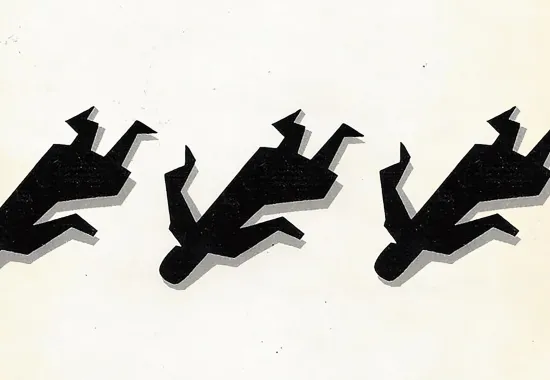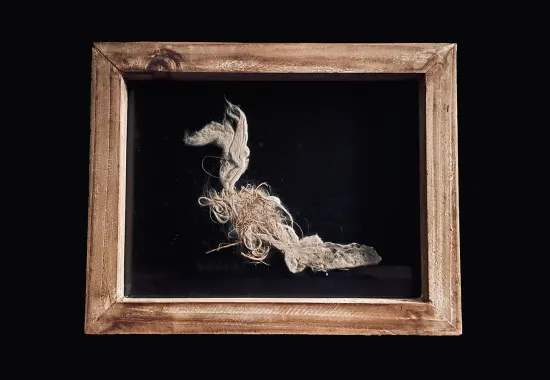On Writing "Caught"
I grew up in the mid-eighties surrounded by artists in a tiny New England town. My mother is a photographer and owned an art gallery, my stepfather, a sculptor, and it’s not far off to say my childhood was a summer screen porch filled with film actors and directors, Pilobolus and Momix dancers, illustrators, singer-songwriters, painters, and poets. My father, a minister, wrote (and still writes) riveting sermons I can sink into and stay inside. What I didn’t know how to articulate then, but I can now, is an urgency stirring in all of these adults around me. Their desire to create and communicate was palpable; it was less of a desire and more of a necessity. I decided as a child that artists will combust if they cannot express themselves. I also felt that in myself.
Something else I could not have put into words then is how grateful I am to have been protected from some of the realities that come with adulthood. Allowing children a time of true innocence, if possible, is a gift. My early years were not without heartache: growing up with a mentally and physically handicapped older brother who died when I was 16 was real, as was my parents’ divorce, but even through these tougher moments, my mother and father and stepfather did everything they could to expose me to magic and beauty and art. They seemed to know what to share and what to withhold. Over time, I could handle the unravelling of truths, the clearer picture of things.
My husband and children and I live on a small farm in New Hampshire where we have raised Icelandic sheep, dogs, pigs, guinea hens, chickens, and bees. Over the past fifteen years, my husband has built and rebuilt enclosures for our animals.
The idea of urgency and danger and magic and protection came together for me when I wrote “Caught.” I wrote it as an imagined monologue of my husband speaking to our son and then to our son and daughter. Our son does not respond in the poem (he and his sister are sleeping), but I tried to capture the transitory nature of childhood through this one-sided conversation. My husband needs to say these things, a sort of apology, quickly, before our children grow up. He reveals the truth of what happened to the sheep because he could not control it. Until that point, he had been able to protect them–the sheep and the children–by building fences, securing latches, but not this time. All parents have the capacity to fear for their children’s future, and all parents must come to terms with the notion that they cannot protect their children from all hurt. The contrast of the sleeping children and the sheep being ripped apart became the mental image I needed.
The title of this poem came to me simply when I began to think about the idea of catching a sheep, which led me to think about catching or being caught, in general. I also considered the in-between aspect of life, the ways we are caught in a liminal place always–between being alive and not being alive, between being young and being old, between being certain about how we feel and being completely unsure. Also, the opposite of catching is letting go, so I brought the paper lanterns into the poem and let them go over the field. We can hold on to our children, but we have been learning to let them go since they were born.
In a moment, I can be right back on that summer porch watching my mother and stepfather laugh and move like water among their friends–some animated in conversation, some reclined in a wicker chair, a cocktail in hand, taking in the moment–but all of them with a need to say something–to themselves, to their children, to the evening air.
Recommended
A Behind the Scenes Look at Art Selection and Cover Design for the NAR
“Doubling and the Intelligent Mistake in Georges Simenon’s Maigret’s Madwoman”
What the Birds Showed My Wounded Child, My Adaptive Adolescent, & My Wise Adult






